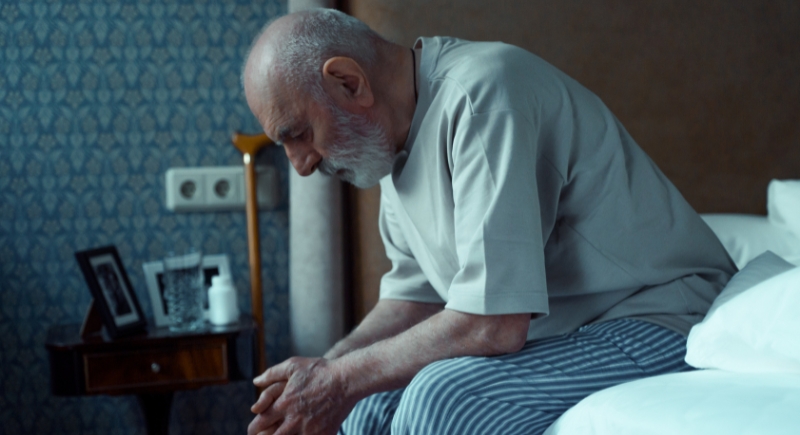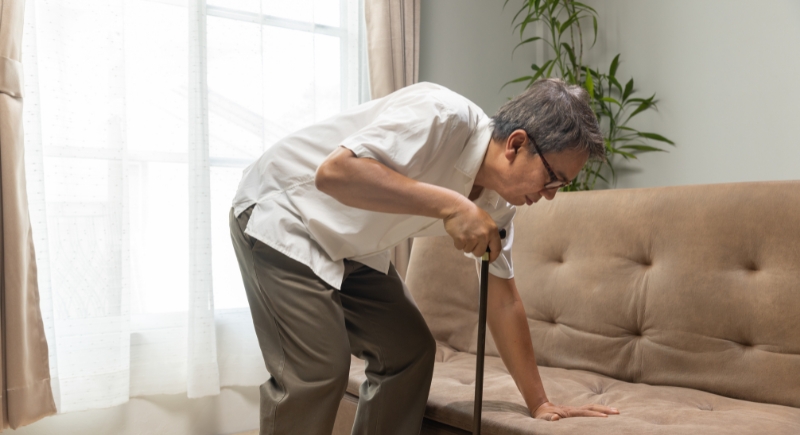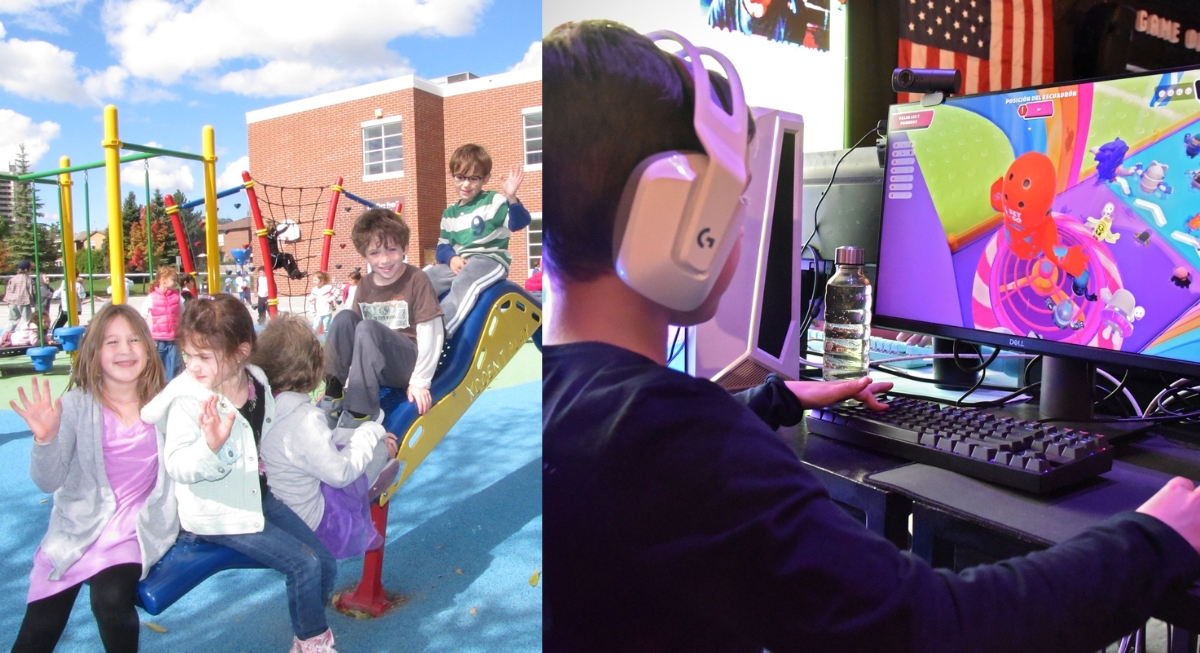It’s easy to assume that getting older only involves obvious issues, like physical decline, but aging can bring about changes that often go unnoticed by others, yet they affect daily life in ways that can be frustrating and isolating. Here’s a look at some of those silent struggles.
Forgetting Names and Important Details

Credit: iStockphoto
Forgetting names or small details can make you think you're losing touch with the world around you. It’s frustrating and often leads to self-criticism. The awkwardness of the moment can leave you disconnected, but it’s important to remember that it’s just a normal part of how our brains change over time.
Sudden Tiredness

Credit: Syda Productions
Exhaustion can strike at unexpected moments and drain you after even small tasks. It’s not just physical fatigue but an overwhelming tiredness that can be hard to explain. As the body ages, maintaining energy becomes challenging, and all you want to do is take a quick nap to recharge.
Unexplained Weight Gain

Credit: Canva
Over time, you might notice your clothes fit differently, and you’re left wondering what changed. It’s a common concern, especially when your routine hasn’t shifted much. But remember that it may not reflect changes in diet or activity at all. This is simply how your body changes as you age.
Frequent Doctor Visits

Credit: Getty Images
What was once a simple part of life—occasional check-ups—can start to burden you with your calendar of appointments. It can make you feel as if health issues are taking over your life. But instead of seeing these visits as burdens, view them as proactive steps to stay healthy. A little organization, like keeping a health journal, can make the process smoother.
Difficulty Concentrating

Credit: Canva
Remember when focusing on a task was second nature? These days, it may look as if you’re constantly losing track of your thoughts mid-conversation or while reading. This is a common shift in focus that comes with age and usually isn’t cause for concern.
Loneliness and Isolation

Credit: pexels
Loneliness can creep in when friends move away or family gets busier. You start missing the interactions and connections that once filled your days. The quieter moments can be heavier when there’s no one around to share them with, and the solitude starts to weigh on you more than you expected.
Loss of Mobility

Credit: akaratwimages
Suddenly, it feels like your body isn't cooperating. Tasks, such as bending down or taking a walk, become difficult than they used to be. It can be unsettling when your body demands greater care than it did before. But this is also a reminder to do gentle exercises, for example, yoga or stretching.
Trouble Seeing Clearly

Credit: iStockphoto
You’ll notice your vision no longer meets your needs. Reading or even recognizing faces can take extra effort. This doesn’t mean you’re less capable—just that your eyes need a little more support now. Regular eye exams and using reading glasses or magnifiers can help keep you engaged in activities you love.
Mental Stagnation

Credit: iStockphoto
Sometimes, staying mentally engaged can be a struggle, especially when the routines of life change in unpredictable ways. It’s important to embrace new things, whether that’s picking up a new hobby, learning a skill, or reading something outside your usual interests. The more you challenge your mind, the sharper it will remain.
Planning for Retirement

Credit: Getty Images
Retirement is a big shift. And after years of structured days, the transition to having a lot of free time can be disorienting. The absence of a clear routine might have you wondering how to spend your days. After all, you are going to have to adjust to a slower pace now.
Taking Medications

Credit: Getty Images
Managing medications can become an endless daily task. A previously simple routine now requires improved focus, such as remembering what to take or keeping track of the timing. Forgetting a dose or dealing with side effects can quickly overwhelm you, turning a straightforward process into a constant reminder of your health concerns.
Balance Issues

Credit: Getty Images
At some point, you might sense your footing feels uncertain. These small shifts can make everyday tasks riskier. Incorporating balance exercises into your routine can aid in maintaining stability and boosting your confidence as you move through your day.
Struggles with Smartphones

Credit: iStockphoto
Technology is everywhere, but smartphones can be a source of discomfort. While many of us have one, keeping up with constant updates often feels overwhelming. From small screens to confusing apps, using a smartphone can sometimes irk you. Don’t hesitate to ask for help or take your time learning, so you can enjoy the convenience they offer.
Self-Checkout Stations

Credit: Getty Images
Self-checkout stations might seem like a good idea, but they can be stressful when you’re already trying to juggle items and scan things quickly. The pressure of speeding through checkout can cause you to go blank. Without the human interaction of a cashier, it’s easy to get annoyed when things don’t go as smoothly as expected.
GPS and Navigation Challenges

Credit: Getty Images
Many people rely on GPS now, but not everyone is comfortable with it. For some, using a map comes naturally. A quick trip can turn out to be complicated if you are forced to rely on a device for directions. The technology isn’t always intuitive, and switching from paper maps to screens doesn't come naturally to everyone.
Fear of Dying

Credit: Getty Images
The reality of mortality becomes pressing as we age, often popping into our minds at unexpected moments. Although common, this fear doesn’t need to shape your daily thoughts. The thoughts come and go, but they can be hard to ignore. The closer you get to that inevitable moment, the more it lingers.
Managing Household Tasks

Credit: Getty Images
Even light chores can start to wear you out over time. They are likely to take longer or feel tiring. Taking help from a family member or professional services can take the stress away. You deserve a home that allows you to experience comfort and safety, so don’t be afraid to lean on others when needed.





